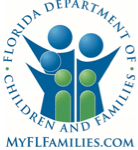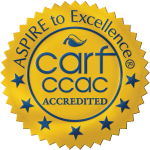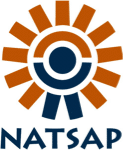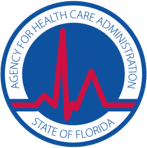Substance Use Disorder
Home » What We Treat » Substance Use Disorder
What Is Substance Use Disorder?
A substance use disorder is when someone has a set of symptoms related to the problematic use of drugs and alcohol. Continued use can disrupt one’s thoughts, behaviors, and overall physical well-being. Because the desire to continue using drugs and alcohol is strong, a person may compromise values and morals and sacrifice primary relationships. Being addicted to a substance has strong physical and psychological controls on a person.
Prolonged use of drugs and alcohol can change brain circuits and have a negative impact on how a person thinks and feels. Some changes may persist even after the elimination of drugs and alcohol.
Symptoms of Substance Use Disorder
An individual with substance use disorder may experience a variety of different symptoms, including:
- Increased tolerance for drugs or alcohol
- Failure to fulfill significant life obligations
- Difficulties with relationships and increased conflict
- An inability to control or reduce drug or alcohol use
- Increased time seeking drugs or alcohol
- Sacrificing activities to use instead
- Engaging in dangerous behaviors while under the influence
- Experiencing withdrawal symptoms including anxiety, sweating, depression, insomnia, tremors, and increased heart rate
Often, when individuals struggle with substance abuse, they also have a co-occurring mental health disorder. Disorders that commonly co-occur with addiction include depression, anxiety, borderline personality disorder (BPD), and post-traumatic stress disorder (PTSD).
The complex nature of treating both disorders at the same time requires highly trained and expert professionals. It’s difficult to find treatment facilities that are competent and licensed to treat the dually diagnosed individual effectively. Lifeskills is one of the National Centers of Excellence that professionals and families seek out for this type of specialty care because of our experience and success in treating this population. Our facilities are dually licensed with a team of licensed and certified clinical staff fully ready to engage clients and their families in recovery.

Treatment for Substance Use Disorder
At Lifeskills, we are dually licensed to treat dual diagnoses or the often-co-occurring substance use disorder and other mental health disorders. Additionally, we have a dedicated Substance Use Disorder Pathway that includes the integration of the 12-Step philosophy with cognitive behavioral therapy (CBT) and chemical dependency dialectical behavior therapy (DBT). Within this pathway, the DBT modules consist of mindfulness, distress tolerance, emotional regulation, and interpersonal effectiveness. The goals of the Substance Use Disorder Pathway include learning new skills, staying focused in the present moment, increasing interpersonal effectiveness, improving emotional regulation, and living an engaging life in recovery.

Interested in learning more
about Lifeskills treatment for substance use disorder?
Call us at 954-953-1742 or fill out our contact form.
Call us at 954-953-1742 or fill out our contact form.




